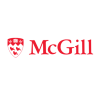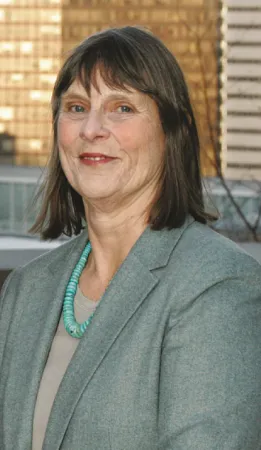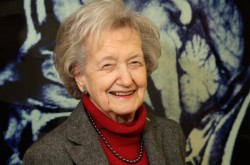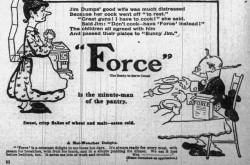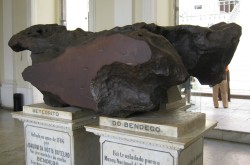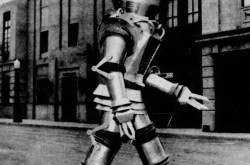Medicine Isn't Just Science - It's Culture
This article was originally written and submitted as part of a Canada 150 Project, the Innovation Storybook, to crowdsource stories of Canadian innovation with partners across Canada. The content has since been migrated to Ingenium’s Channel, a digital hub featuring curated content related to science, technology and innovation.
Sometimes the person best equipped to explain what goes on in a doctor’s office isn’t a doctor, it’s an anthropologist. Dr. Margaret Lock started her academic career in biochemistry, but after a visit to Japan she was compelled to switch disciplines and got a PhD in anthropology. She went on to start one of the world’s preeminent Medical Anthropology programs, at McGill University. Her work – on menopause, women and aging, organ harvesting, and Alzheimer’s disease, among many others subjects – examines how cultural practices and norms shape how medicine is developed and practiced. Today, medical breakthroughs are changing human life expectancy year to year. Dr. Lock’s work examining how cultural attitudes can determine the very definition of medical science is more essential than ever.


